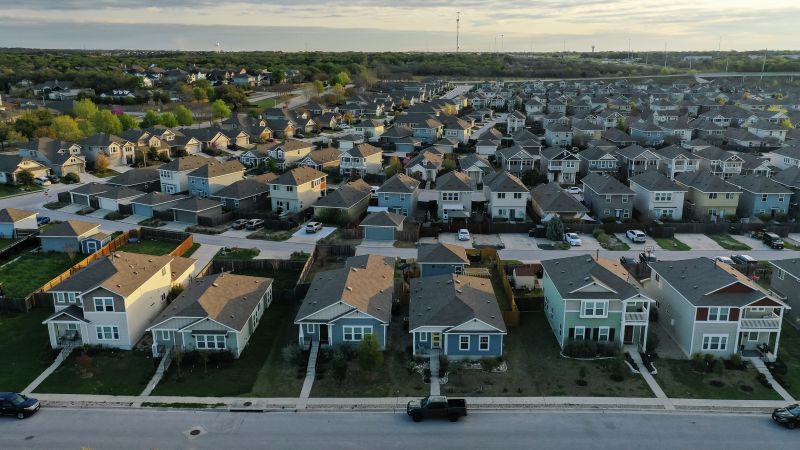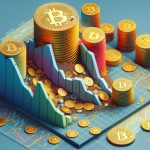Federal Reserve officials have been saying for months they need to see more convincing data demonstrating that inflation is on a sustainable path to 2% before they can feel comfortable cutting rates. Last month’s unexpectedly hot Consumer Price Index report is the exact opposite of that. That’s why Fed Chair Powell conveyed on Tuesday the central bank won’t be cutting interest rates any time soon.
“The recent data have clearly not given us greater confidence and instead indicate that it’s likely to take longer than expected to achieve [2% inflation],” Powell said Tuesday in a panel discussion with Bank of Canada Governor Tiff Macklem. US stocks initially dropped after his signal that rates would stay higher for longer, and Treasury yields rose to new highs for the year before paring back.
Markets, businesses and the White House have been laser-focused on the timing and number of rate cuts this year, yet the prospect seems to be slipping away. How would the US economy handle more months of painstakingly high interest rates? Not as well as it has thus far, experts say.
When Fed officials initially penciled in three rate cuts at the end of last year, markets hit new highs. The expectation at the time was the first of those cuts would come as early as March. Investors tend to prefer lower rates because that reduces the cost of borrowing which, in turn, can help boost profits. It also means investors have more money to pour into the market.
Then, when progress on inflation started to stall leading into last month’s policy meeting, investors pushed back their timeline to June for the start of cuts. But investors were overjoyed when officials maintained their median forecast for three rate cuts this year at last month’s meeting, leading to multiple fresh records for major US indexes.
However, that momentum is wearing off. After last week’s hotter-than-expected inflation data, the Dow, S&P 500 and Nasdaq Composite have each shed around 2% of their value.
Even with the recent selloff, stock market prices still reflect the expectation the Fed will cut later this year, said Itay Goldstein, a finance professor at the University of Pennsylvania’s Wharton School of Business. “There is a risk there that if the Fed doesn’t decrease rates, market prices will decline.”
That will have a spillover effect on the overarching economy, he told CNN. That’s because stock market declines could cause firms to delay investments or cut back on costs. For instance, Tesla announced it was slashing 10% of its workforce as shares of the electric vehicle maker have been plummeting this year.
Market declines can also make households “feel that they’re not as rich,” he added, which can also cause them to cut corners.
Since the Fed held interest rates steady last year after 11 hikes that brought rates to the highest level in over two decades, higher for longer has been the central bank’s mantra.
But the longer the Fed leaves interest rates higher means more pain could be inflicted on households and businesses, said Goldstein.
Although it hasn’t quite been the case so far — especially considering the latest retail sales report, which showed consumers continue to spend despite inflation and the highest interest rates in two decades — elevated interest rates tend to cause people to save more money rather than invest or spend it, which slows the economy. That risk will be elevated if the Fed doesn’t cut rates this year, he said.
Already, the expectation that the Fed will keep rates higher has pushed up US Treasury yields significantly. For instance, the 2-year Treasury yield briefly hit 5% after Powell’s Tuesday remarks. That’s fueling higher mortgage rates.
Ultimately, higher-for-even-longer rates “will increase borrowing costs across the economy, which is likely to have a negative impact on consumer spending, business investment, and the housing market,” said Brian Rose, senior US economist at UBS Global Wealth Management.
But not everyone thinks cracks in the economy will widen if the Fed doesn’t cut rates this year. “We think the economy is strong enough that it doesn’t need cuts to avoid recession,” David Mericle, chief US economist at Goldman Sachs, said.
Read the full article here




